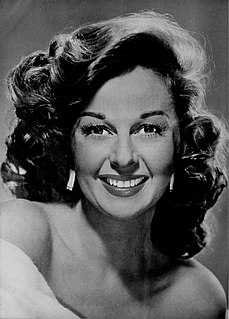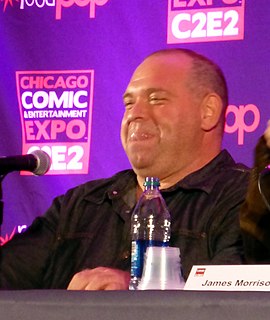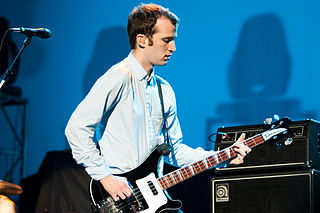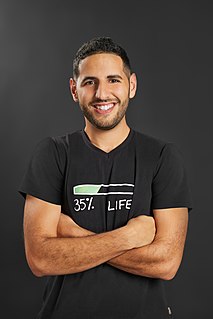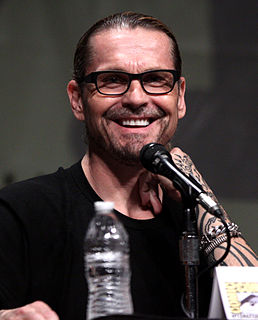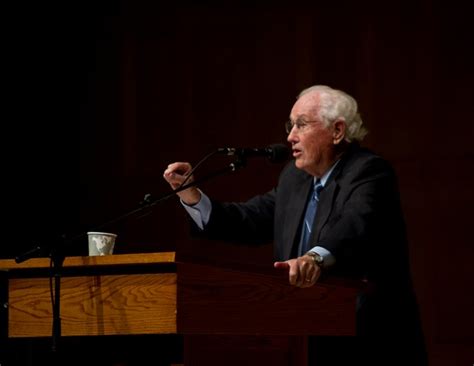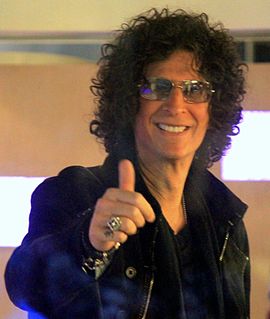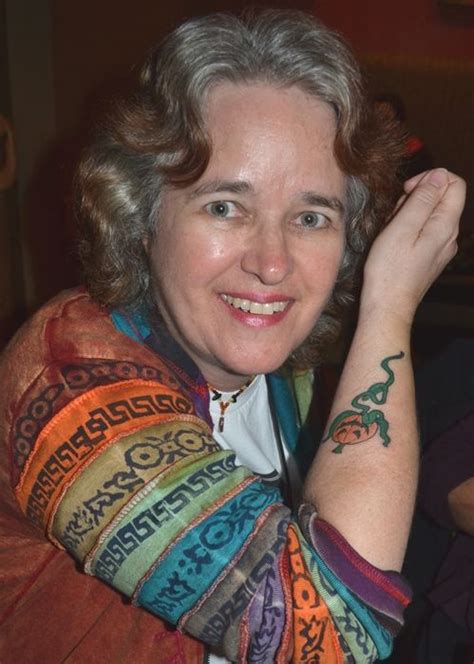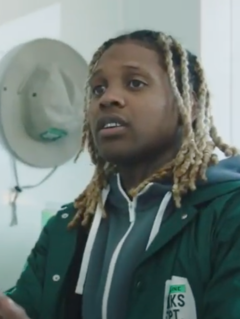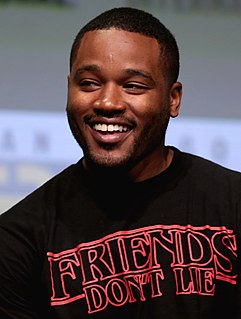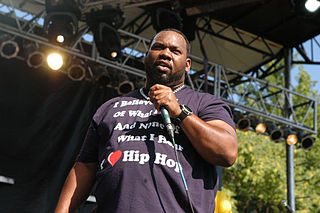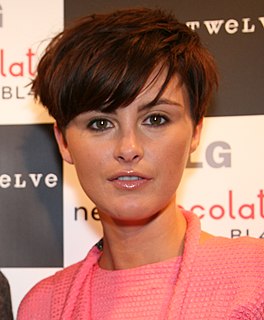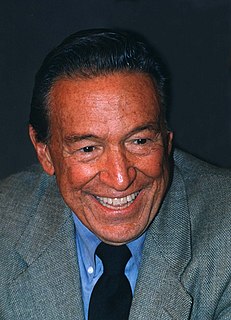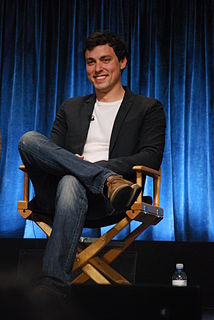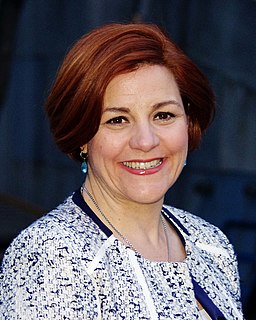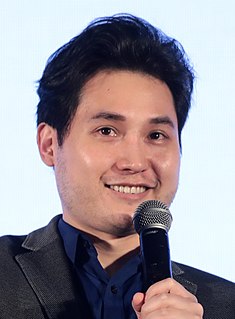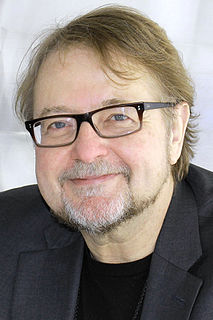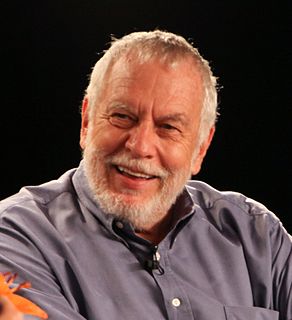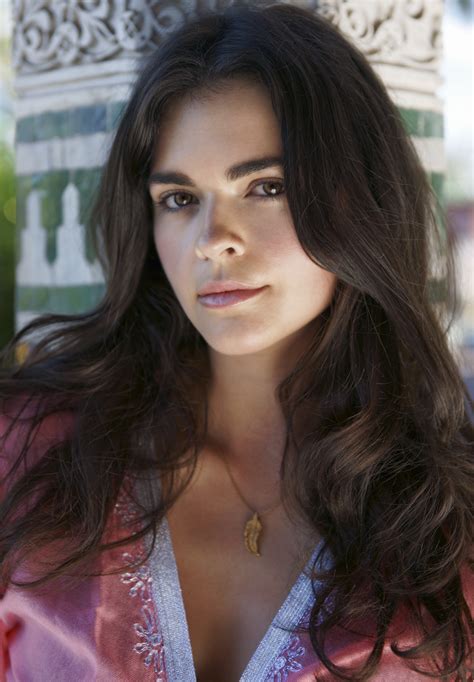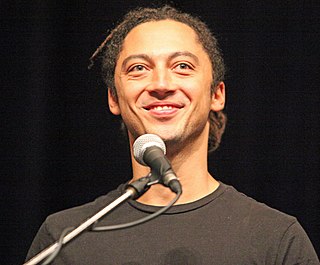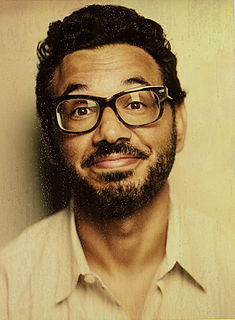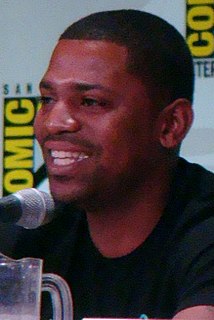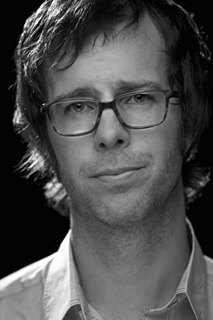Top 1200 Neighborhood Quotes & Sayings - Page 16
Explore popular Neighborhood quotes.
Last updated on November 17, 2024.
I learned at a very early age that life is a battle. My family was poor, my neighborhood was poor. The only way that I could get away from the awfulness of life, at that time, was at the movies. There I decided that my big aim was to make money. And it was there that I became a very determined woman.
Sometimes if I go to a show, someone will recognize me. But the neighborhood I live in, there's so many people who are in successful bands that it's really not a big deal. And I like that. I like the energy of going to lunch with a friend, seeing the three dudes from Yeasayer walking in, and saying hi to them. I think that's neat.
All of us remember the home of our childhood. Interestingly, our thoughts do not dwell on whether the house was large or small, the neighborhood fashionable or downtrodden. Rather, we delight in the experiences we shared as a family. The home is the laboratory of our lives, and what we learn there largely determines what we do when we leave there.
No matter how you care to define it, I do not identify with the local group. Planet, species, race, nation, state, religion, party, union, club, association, neighborhood improvement committee; I have no interest in any of it. I love and treasure individuals as I meet them, I loathe and despise the groups they identify with and belong to.
I don't think anybody's ever notified that they were sentenced to an extra two years because their recidivism score had been high, or notified that this beat cop happened to be in their neighborhood checking people's pockets for pot because of a predictive policing algorithm. That's just not how it works.
When you grow up in an extended family, or in a stable neighborhood with two or three generations of families who live there, you feel seen. Not just the good things you've done, the stuff you put on your resume. You know they've seen you in your dark times, when you've messed up - but they're still there.
Set about doing good to somebody. Put on your hat and go and visit the sick and poor of your neighborhood; inquire into their circumstances and minister to their wants. Seek out the desolate and afflicted and oppressed. . . I have often tried this method, and have always found it the best medicine for a heavy heart.
Most of life is so dull it is not worth discussing, and it is dull at all ages. When we change our brand of cigarette, move to a new neighborhood, subscribe to a different newspaper, fall in and out of love, we are protesting in ways both frivolous and deep against the not to be diluted dullness of day-to-day living.
I reached rock bottom halfway through college. And it was - because of all the pressure that I think we're talking about right now - the pressure to learn how to budget, the pressure to really abandon everything that you ever learned. You don't have a comfort zone anymore. You don't have your neighborhood. You don't have your family with you.
I was part of that group of kids growing up in the '80s under the Reagan regime, what I used to call 'living in the shadow of Dr. Manhattan,' where we would have dreams all the time that New York City was being destroyed, and that that wall of light and destruction was rolling out and would just devour our neighborhood.
In Britain, the major public holiday used to be Guy Fawkes Day... that was celebrated on November 5th with things like bonfires and fireworks... I think that made Halloween seem preferable. The idea of having pumpkins and costumes and parties seemed much more appealing than burning down your neighborhood.
I been living down in Atlanta, but everyone back home has been in my thoughts, especially those doing something for the community and all the neighborhood heroes. I thought about all the first responders putting their lives on the line to help out and it inspired me, so I took a jet back to Chicago to show my thanks.
My son died from cancer. My granddaughter died from cancer. I have a lot of reasons to think that reality is not a friendly neighborhood. And the stories that I tell distract me, and if I do the job right, they distract people from things that are happening to them that they wish had never happened.
When I sit here and see that the eight brothers from the neighborhood that I grew up with still have success, it had to be magical. I doubt if you get another 'Wu-Tang Clan.' That might be harder than getting the new 'Jackson Five.' Certain groups you only get one time, and we just happened to be that group.
Ever since I was 7 years old, I was writing. I remember being in the basement of my house, this dank, horrible basement, putting on plays with not-very-willing participants, and I would promise kids in the neighborhood that I'd play Nintendo 64 with them after we'd rehearse this stupid play that I wrote.
It wasn't that the teachers were bad. From what I can remember, they were pretty good. It was about the selection of books. It was about not seeing my young life reflected back to me: my family dynamics, the noise and complexities of my neighborhood, the things I loved, like ice cream trucks and Kool-Aid.
I have nothing against a community that is made up of people who are Polish, or who are Czechoslovakians, or who are French Canadians or who are blacks trying to maintain the ethnic purity of their neighborhoods. This is a natural inclination... Government should not break up a neighborhood on a numerical basis. As soon as the Government does, the white folks flee.
I was probably 15 when I started going to the studio with the older cats in my neighborhood. They heard me rap outside one time; I was just freestyling. And they invited me to the studio. It's good when you're accepted, no matter what crowd. That's the first step of believing you can do whatever you feel like putting your mind to.
The great enemy of freedom is the alignment of political power with wealth. This alignment destroys the commonwealth - that is, the natural wealth of localities and the local economies of household, neighborhood, and community - and so destroys democracy, of which the commonwealth is the foundation and practical means.
Everybody I hang with - the ranchers, the farmers, the cops, the teachers, the plumbers, everybody I hang with - they've got an alarm clock. They get up, they put their heart and their soul into being the very best that they can be. They want to be an asset to their families and their neighborhood. They want to be productive members of society.
I wanted to cut past the polemics and experience London's Muslim communities for myself. My first visit was to Tower Hamlets, an East London borough that is about 38% Muslim, among the highest in the U.K. As I walked down Whitechapel Road, the adhan, or call to prayer, echoed through the neighborhood.
You know, as kids were weren't jazz musicians or anything. But, the circle of friends and the neighborhood I lived in, we were really big Rush freaks and Yes fans. We would listen to 'Close to the Edge' and 'Hemispheres' and '2112' - the more artsy, progressive stuff. Some of the guys were into King Crimson and Genesis and all that.
What's been happening in Iraq, what young Americans wearing flak jackets, helmets and flight suits have done is... created the circumstances under which Iraq can become our closest ally in that part of the world and still have a representative government. And that's going to be a very good thing considering what's going on in that neighborhood.
We've been following many forms of democratized ownership, starting with co-ops, land banks at the neighborhood level, municipal ownership and state ownership of banks - there's a whole series of these that attempt to fill the small-scale infrastructure that can build up to a larger theoretical vision.
We still don't know for sure what the trigger was, but since we've discovered meteorites with supernova dust, we do know that a violent explosion rocked our cosmic neighborhood at the time of our birth, and it's quite possible that without it, our stable, stately solar system would never exist at all.
First and foremost, Howard Cosell is sports. There are all these people, these fans, who claim that when Cosell does a game on television, they turn off the sound on the TV and listen to the radio broadcast. Oh, sure. You probably know critics in your neighborhood who vow the same thing. Well, too bad for them.
When you have a small town where all of a sudden there's 3,000 black people living in a neighborhood where there were never black people before, that's a dramatic change. I'm not sure how much the people in the north are acknowledging that this is a permanent phenomenon, that it is going to change the social fabric.
I do think that we have to be careful not to assume that getting a perm or wearing a blonde wig is a desire for whiteness. It may or may not be. Listen, I live in a poor black neighborhood where women wear blue hair, green hair, and all kinds of stuff. So, I simply see it as a different set of choices.
If you are seeking, seek us with joy For we live in the kingdom of joy. Do not give your heart to anything else But to the love of those who are clear joy, Do not stray into the neighborhood of despair. For there are hopes: they are real, they exist – Do not go in the direction of darkness – I tell you: suns exist.
We want someone else to act. But miracles aren't what other people do. They're what each of us does. They're what happens when ordinary people take extraordinary action. To be a miracle doesn't mean you have to tackle problems across the globe. It means making a difference in your own living room, cubicle, neighborhood, community.
I was sickly as a child and gravitated to books and drawing. During my early teen years, I spent hundreds of hours at my window, sketching neighborhood children at play. I sketched and listened, and those notebooks became the fertile field of my work later on. There is not a book I have written or a picture I have drawn that does not, in some way, owe them its existence.
